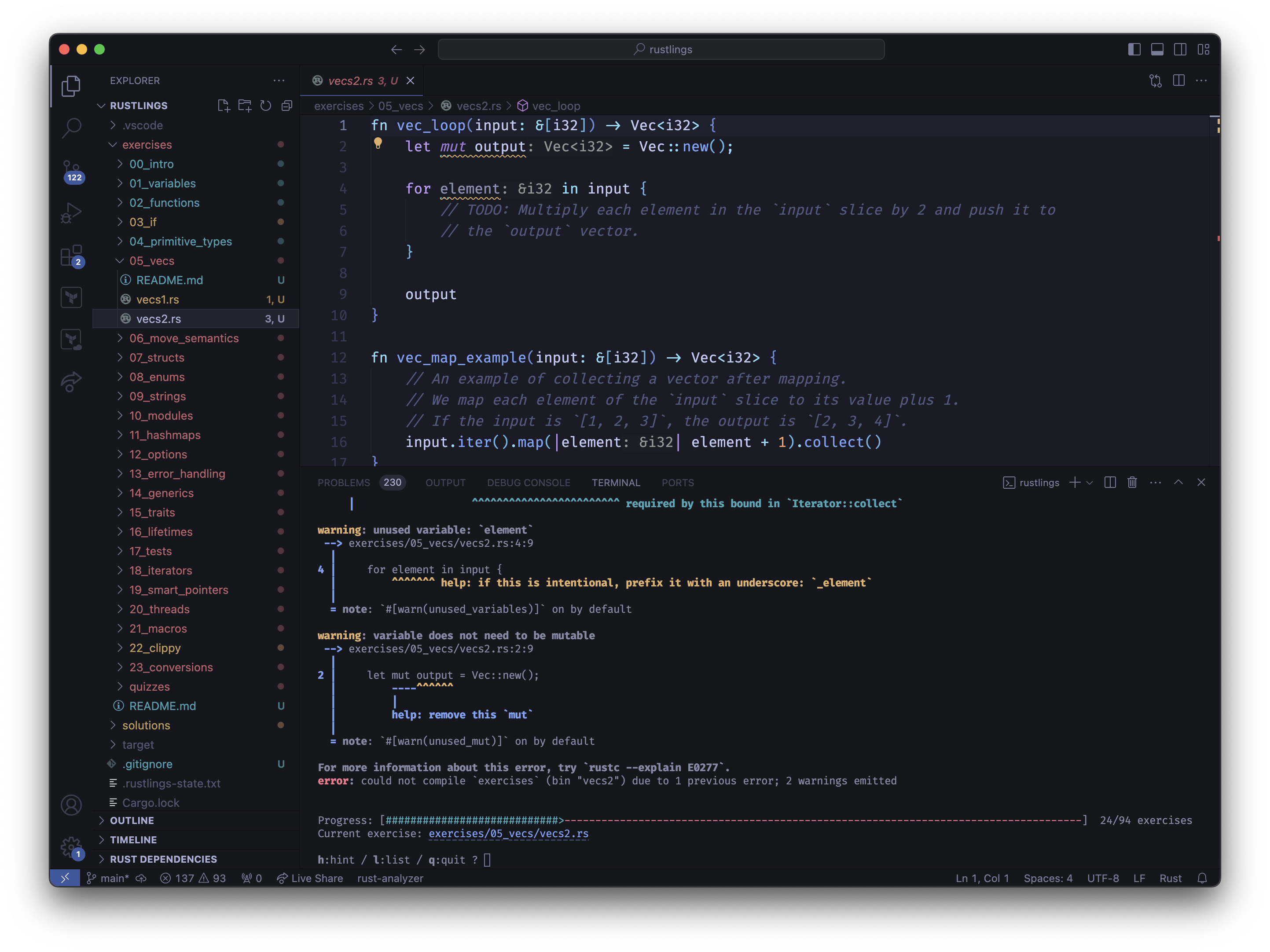Interesting Reads
Web
- Keep a Work Journal
- Writing down what you do during the day helps keep you on task, minimizes impact of disruptions, etc. Good idea, terribly difficult in practice
- Founders Create Managers
- Camille Fournier talking about 'Founder Mode' from Paul Graham / Brian Chesky, and how it leads to immature assholes and people running the company in 'Manager Mode'
Books
- Army of None - Paul Scharre
- Chapters about US and others 'not developing autonomous weapons', mostly focusing on '3rd Offset' by Robert Work. Interesting bit about UK terminology - 'autonomous' vs 'automated' and playing with specific words to avoid being called out for things.
Papers / Articles
- AI Situational Awareness - GPT4 to AGI
- Interesting perspective on AGI and AI growth, and how fast and how much of a jump current models are making, accelerating much faster than expected. 'Trust the growth curve' promises some crazy stuff, but also, smells fishy
-
AI Situational Awareness - AGI to Superintelligence
- Continued reading a larger paper in big chunks. The argument here that we're approaching LLMs that can create generators that improve LLM training. I need to figure out how to disambiguate this vs. the studies I've seen showing that training AI data from AI developed data is a recipe for poor performance; but also, the PhD stories about 'methods' in papers being sent to LLMs that generate the PhD thesis in a few minutes instead of months...
-
AI Situational Awareness - Racing to the Trillion Dollar Cluster + other chapters
- Finished this up, and uh, it really went to a different place than expected. The author bangs the drum for SCIFs and DoD AirGapped networks and stuff to protect the big clusters and AI secrets. He obviously has never worked in that space (and is like, 25?), but lol. just lol.
